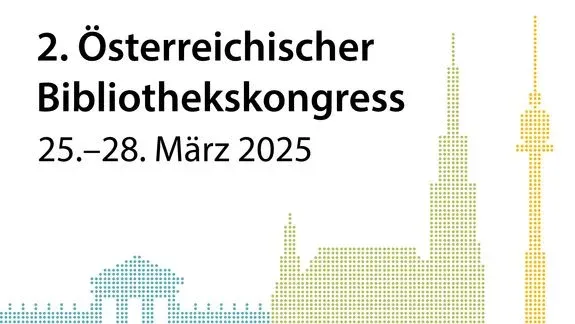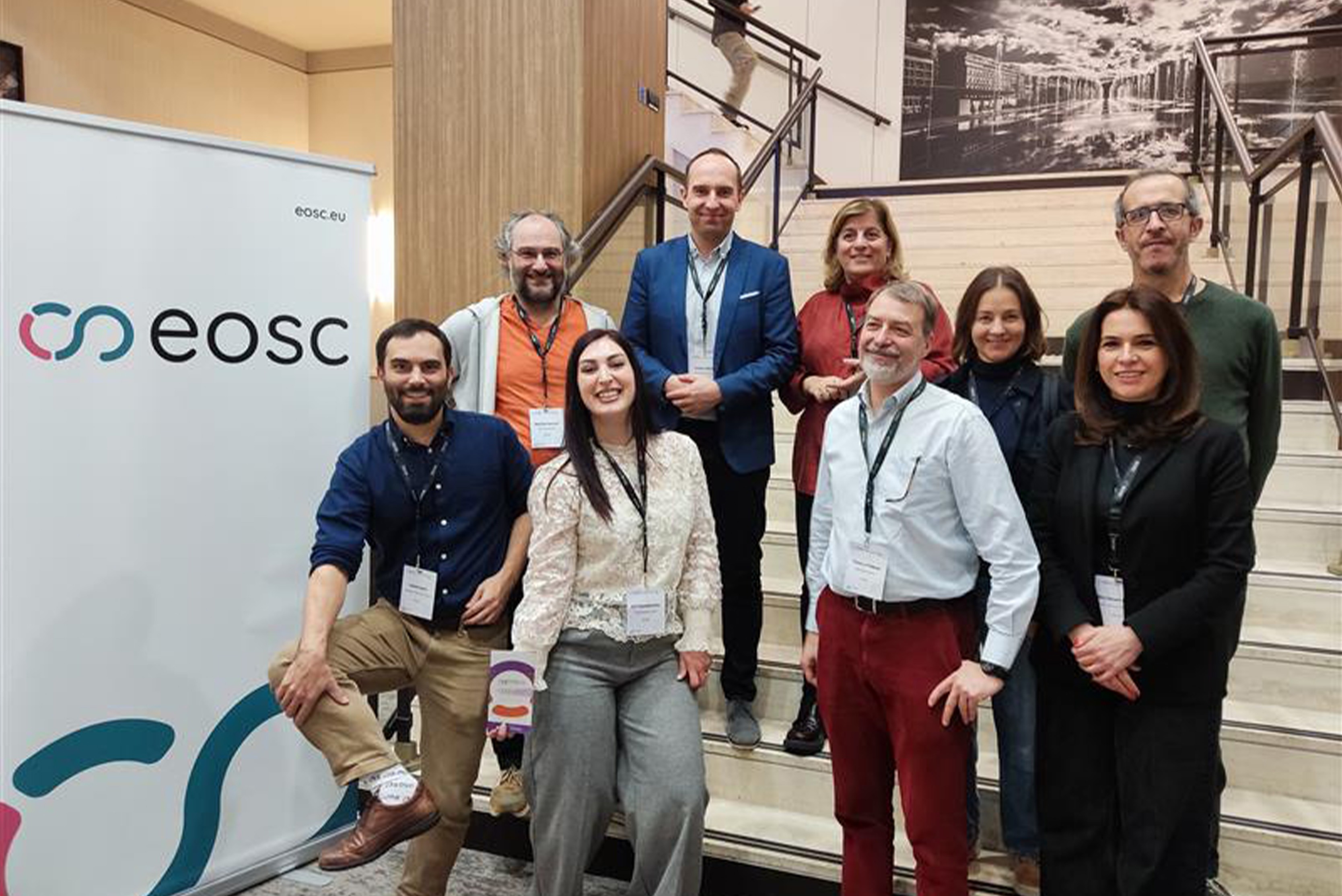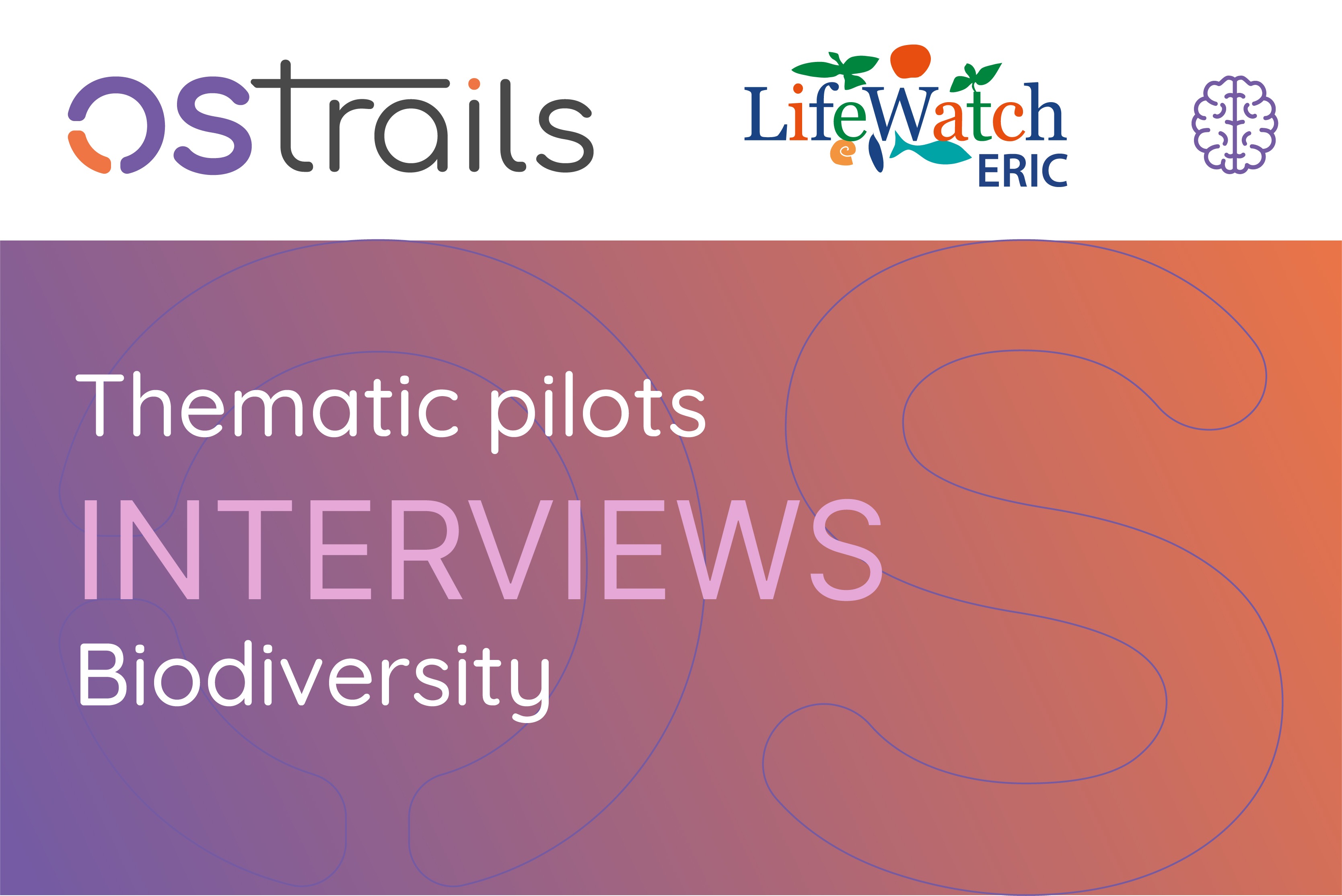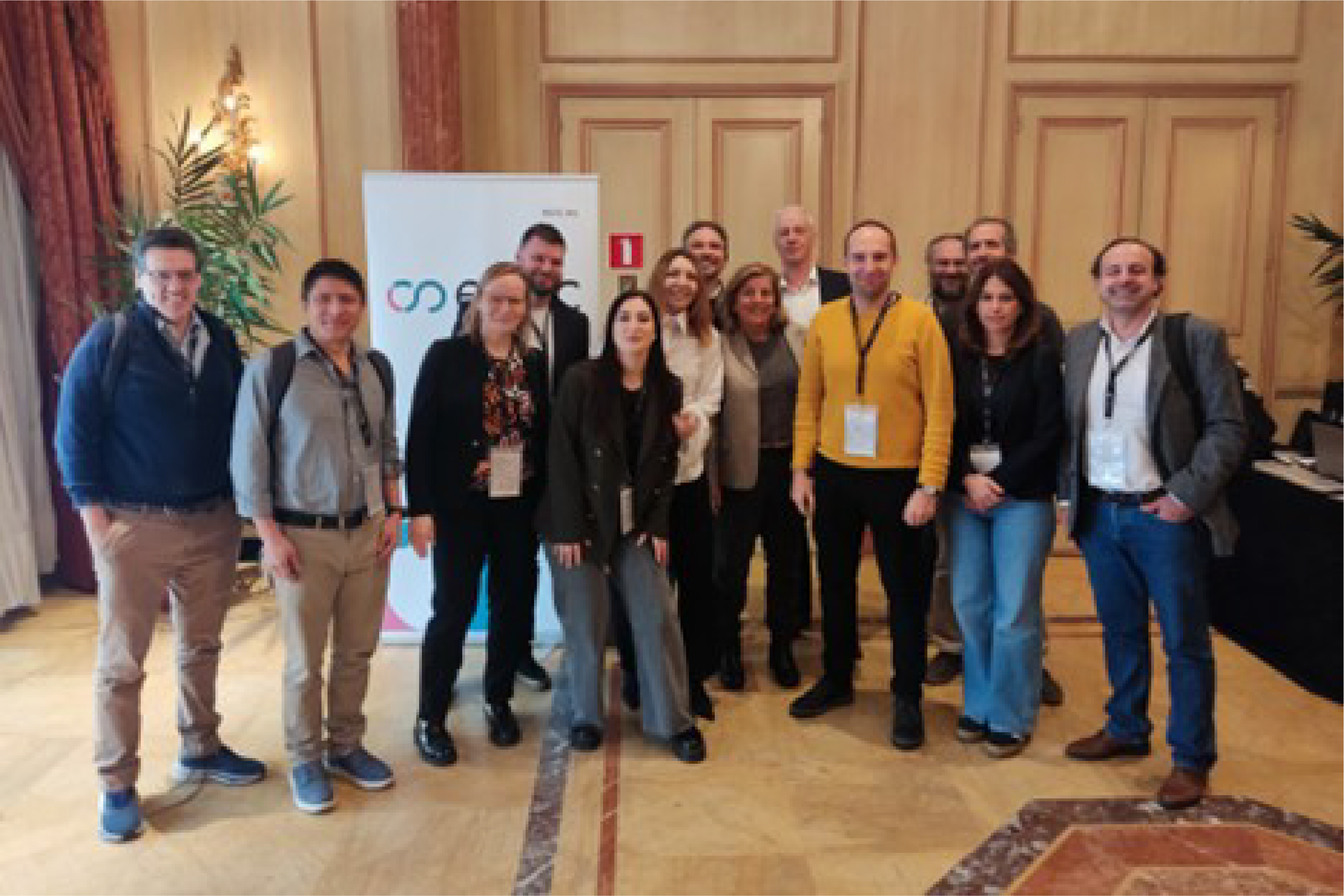OSTrails at the 2nd Austrian Library Congress 2025

From 26 to 28 March, 2025, the Austria Center in Vienna hosted the 2nd Austrian Library Congress under the banner “Libraries: democratic – diverse – sustainable”. The event brought together a wide-ranging community of information professionals, researchers, policymakers, and infrastructure providers, highlighting the multifaceted role of libraries in the age of digital transformation. Hot topics included the growing impact of artificial intelligence in the sector, the future of research communication, inclusivity & accessibility, open access, and, of course, Open Science.
OSTrails was proud to contribute to this dynamic exchange of ideas. Represented by Daniel Spichtinger (University of Vienna), OSTrails presented its vision and early implementation steps toward a more integrated and FAIR-aligned research data ecosystem. His talk, "Improving digital research data management: the OSTrails project", was part of a series of forward-looking contributions tackling the transformation of scholarly infrastructure.
Tackling Fragmentation in Research Data Management
At the core of OSTrails is the recognition of the inefficiencies in current research data management (RDM) practices across Europe. While the FAIR principles are widely accepted as the de facto standard for good RDM, practical implementation remains uneven and often siloed. OSTrails aims to address the currently existing fragmentation in data management based on its Plan-Track-Assess (PTA) framework:
- Plan: Increase the efficacy of DMPs and reach more researcher-centric, educative, and integrated “machine actionable” DMPs (maDMPs).
- Track: Establish an open, interoperable and high quality SKG ecosystem of different types of research products, their relationships and metrics for evaluation.
- Assess: Deliver modular and extendable FAIR tests, to make metrics “machine actionable”, complemented by user guidance.
Pilots: Testing in the Real World
One of OSTrails' strengths lies in its broad and diverse pilot structure. The project encompasses 15 national, 8 thematic, and one Horizon Europe pilot, tailored to the specific needs and infrastructures of their research communities. A survey conducted in the first year of the project among the national pilots showcased the different local requirements, needs and priorities of the national pilots. Consequently, the pilots address a number of different use cases, related to the PTA framework.The Austrian pilot, in which TU Graz, TU Wien and the University of Vienna (including AUSSDA and PHAIDRA) participate, will extend DMP tools, support researchers in the creation of discipline-specific DMPs, and check the digital objects for the FAIR principles. These efforts directly align with national needs and policies, while contributing to the broader European Open Science framework envisioned by the European Open Science Cloud (EOSC).
Libraries as Connectors and Enablers
A recurring theme throughout the congress was the centrality of libraries in shaping future research practices—especially around data stewardship, digital literacy, and inclusivity. OSTrails underscores this by highlighting the role libraries play in supporting machine-actionable DMPs, developing community-specific metadata standards, and embedding FAIR assessment tools into everyday workflows.
As institutions that sit at the intersection of research and infrastructure, libraries are uniquely positioned to support—and in many cases lead—the adoption of OSTrails outputs. The project actively collaborates with library-based services and works to lower adoption barriers through open resources and transparent interoperability protocols.
Looking Ahead
Although the OSTrails pilots officially only kick off in July 2025, many have already started preparatory work. As OSTrails continues to scale and refine its technical components, the project remains committed to a collaborative, community-driven approach. Tools and insights developed through the pilots will be made openly available via the OSTrails Commons.
For more information on the project and its tools, visit:
- https://ostrails.eu/tools-overview
- https://ostrails.eu/deliverables
- https://docs.ostrails.eu/en/latest/
—Written by Dominik Denk (UNIVIE)



